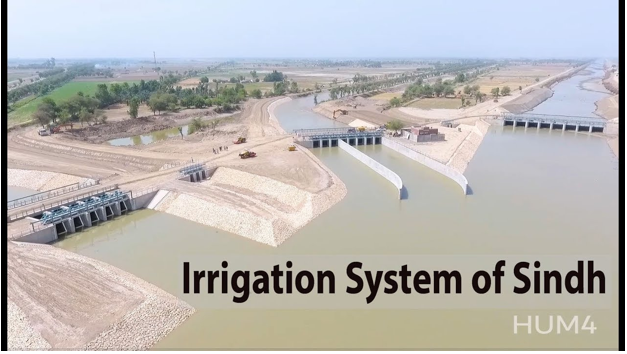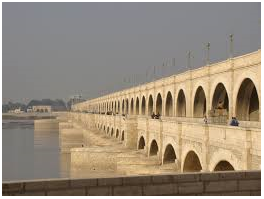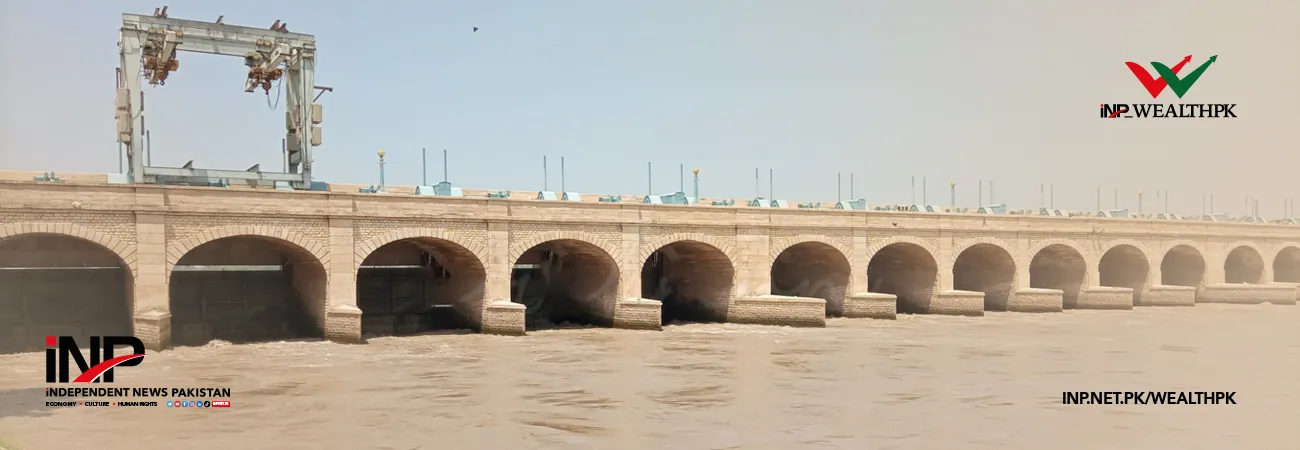INP-WealthPk
Ahmed Khan Malik
The Sindh government plans to rehabilitate the province’s irrigation system, recognizing it as the lifeline of the agriculture sector, a crucial pillar of the provincial economy.

“The provincial government has spent Rs80 billion over the last five years for improving the irrigation system, and has planned to spend another Rs500 million for better water management for the province’s agriculture sector,” said Nazir Qambrani, Director of the Irrigation Department. Talking to WealthPK, he said: “The rehabilitation of the irrigation system is part of the Sindh Water and Irrigation Transformation Project, which is in accordance with the strategic directions of food security in Pakistan Vision 2025.” “This project is in line with the National Water Policy 2018, which aims to identify the emerging water crisis and provide an overall policy framework and guidelines for comprehensive policy action,” he pointed out.
"The National Water Policy 2018 is a national framework within which the provinces will develop their master plans for sustainable development and management of water resources,” he noted, adding that Sindh has started implementing it through rehabilitating the irrigation system. Qambrani said: “Pakistan is facing food and water security in spite of being the agriculture-based economy. As food and water security are real concerns for governments worldwide, the nexus between food and water can further help in devising a robust water strategy for Sindh.” The irrigation department director pointed out that Pakistan’s current water availability is comparatively less than other countries. Explaining the functions and responsibilities of the irrigation department, Qambrani said: “The irrigation department's major responsibilities include operating and maintaining irrigation and flood protection systems, as well as regulating the flow of River Indus and canal systems.”

He said that execution of development schemes is also one of the major responsibilities of the department. However, he said that the irrigation department faces significant challenges in operating, maintaining, developing and managing irrigation networks. “In addition to ensuring clean water distribution from rivers, the department also focuses on managing surface drainage systems, including large drains, and installing tube wells to maintain groundwater levels below the root zone. Managing flood control along the River Indus and hill torrents, as well as handling flood emergencies in the face of global climate change, is also a crucial responsibility of the irrigation department,” he said.
Credit: INP-WealthPk






